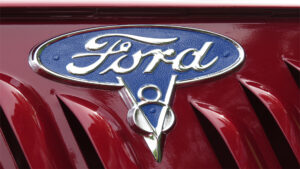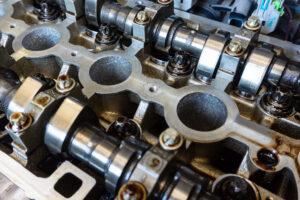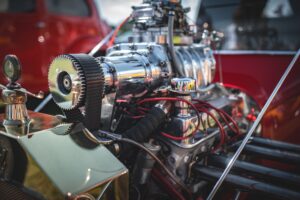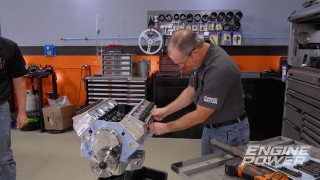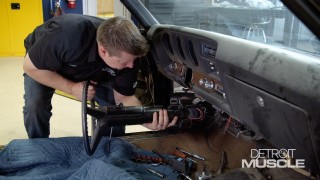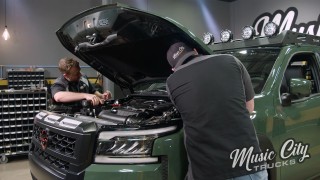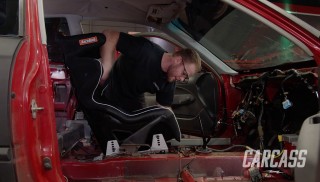Differences In Stroker Engines
To have an engine make more power a common technique is to increase cubic inches. That can be done 3 different ways: increase bore size, the length of the stroke, or a combination of the two. The term stroker is used when referencing high-performance engines but let’s get into what it really means.
A stroke is an engine that has the stroke of its crankshaft increased beyond stock specs. This mod can be done 2 different ways. First, you can offset grind the crankshaft. Before after-market crankshafts were readily available, the crankshaft’s rod journal would be intentionally ground into a smaller diameter and to a center line further from the actual center of the crankshaft. This effectively lengthened the travel of the piston in the cylinder, increasing its cubic inches. With the offset grind yields a small increase because the crankshaft can only be ground so much. In addition, it was labor-intensive, expensive, and potentially weakened the stock crankshaft.
The second method is to replace the stock component with a purpose-built aftermarket crankshaft. These are designed specifically for longer strokes, are constructed out of better material, and are built to yield maximum cubic inches without sacrificing strength.
Stroker engines are categorized into 3 types: over-square, square, and under-square. Over-square means the bore is larger than the stroke, square means the two are equal, and under-square means the bore is smaller than the stroke.
Over-square strokers are common in most racing applications. The larger bore and shorter stroke produce the needed air displacement while keeping the average piston lower at high RPM. This improves reliability and allows for efficient air induction.
Square strokers have a good balance of horsepower and torque production. They can be tailored to make stout low-end torque or high-end horsepower depending on the components selected. They’re excellent for weekend warrior race cars and high-performance street cars.
Under-square strokers shine in lower RPM and high-torque applications. When the engine’s bore size is limited, an aftermarket crankshaft will increase the size by 60-60 ci.
Several aftermarket companies offer not only stroker crankshafts but entire rotating assemblies with all the associated parts to get your bullet together. The only thing that limits stroker applications are the physical size of the engine block and your bank account!


